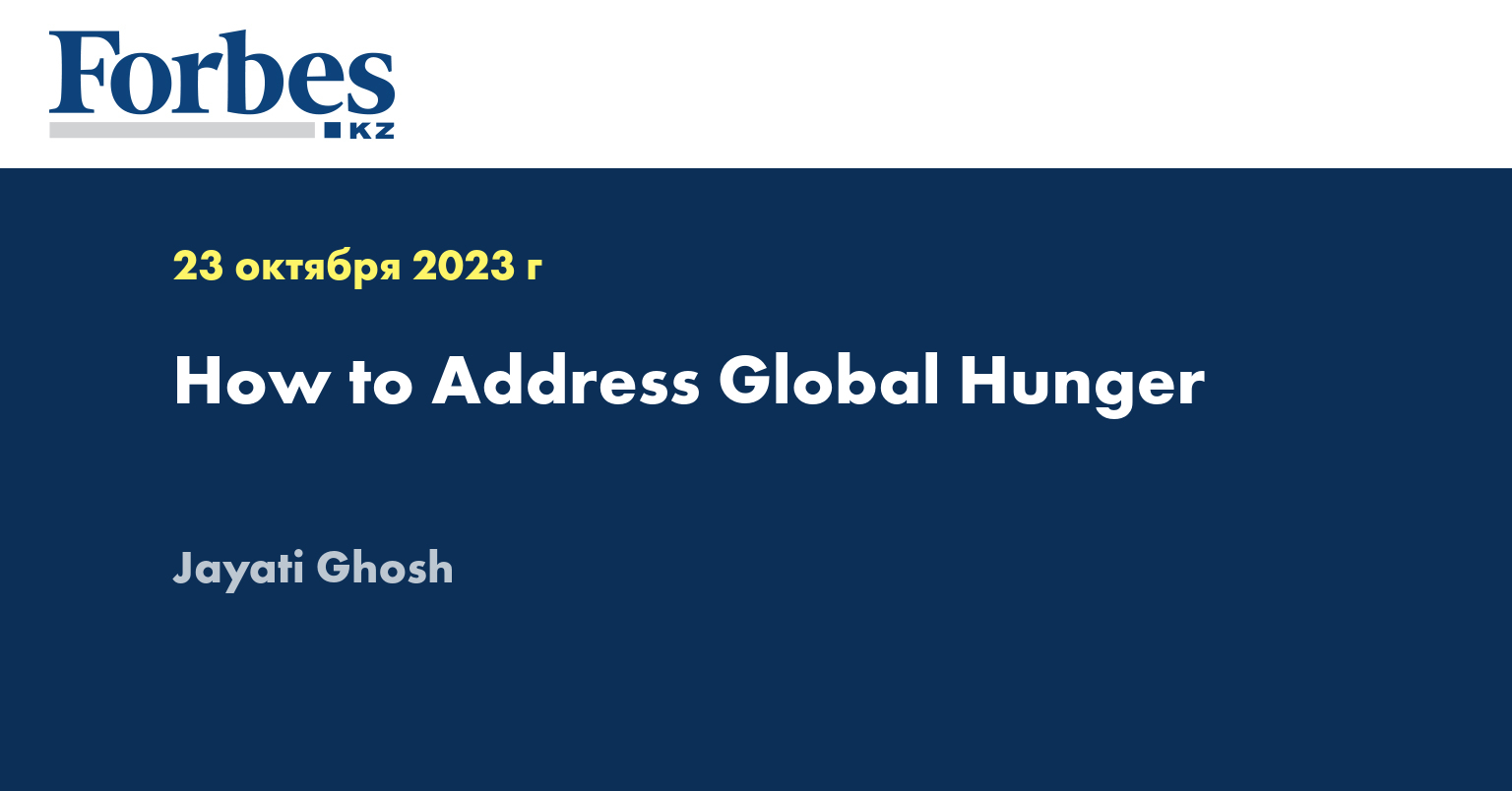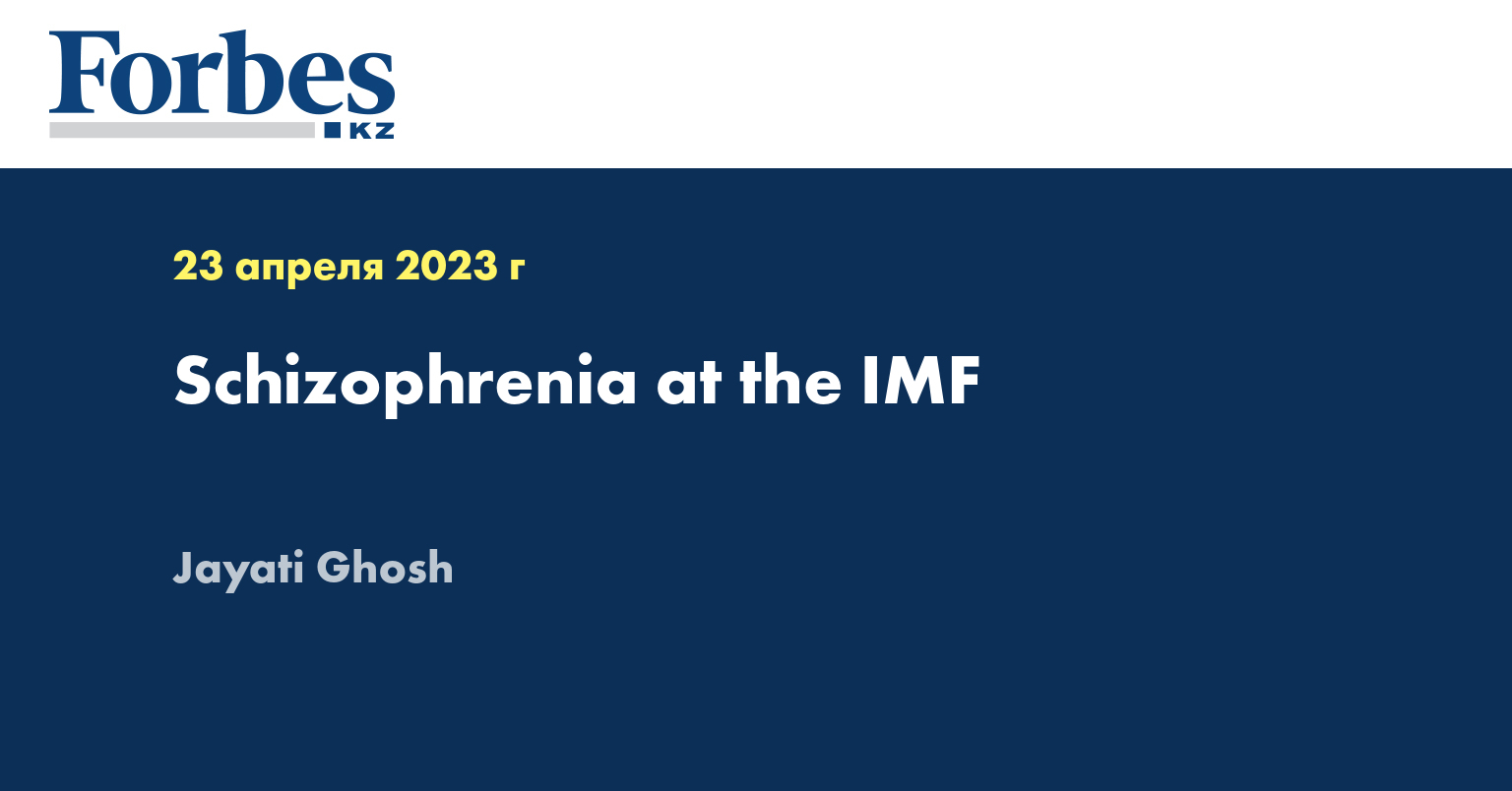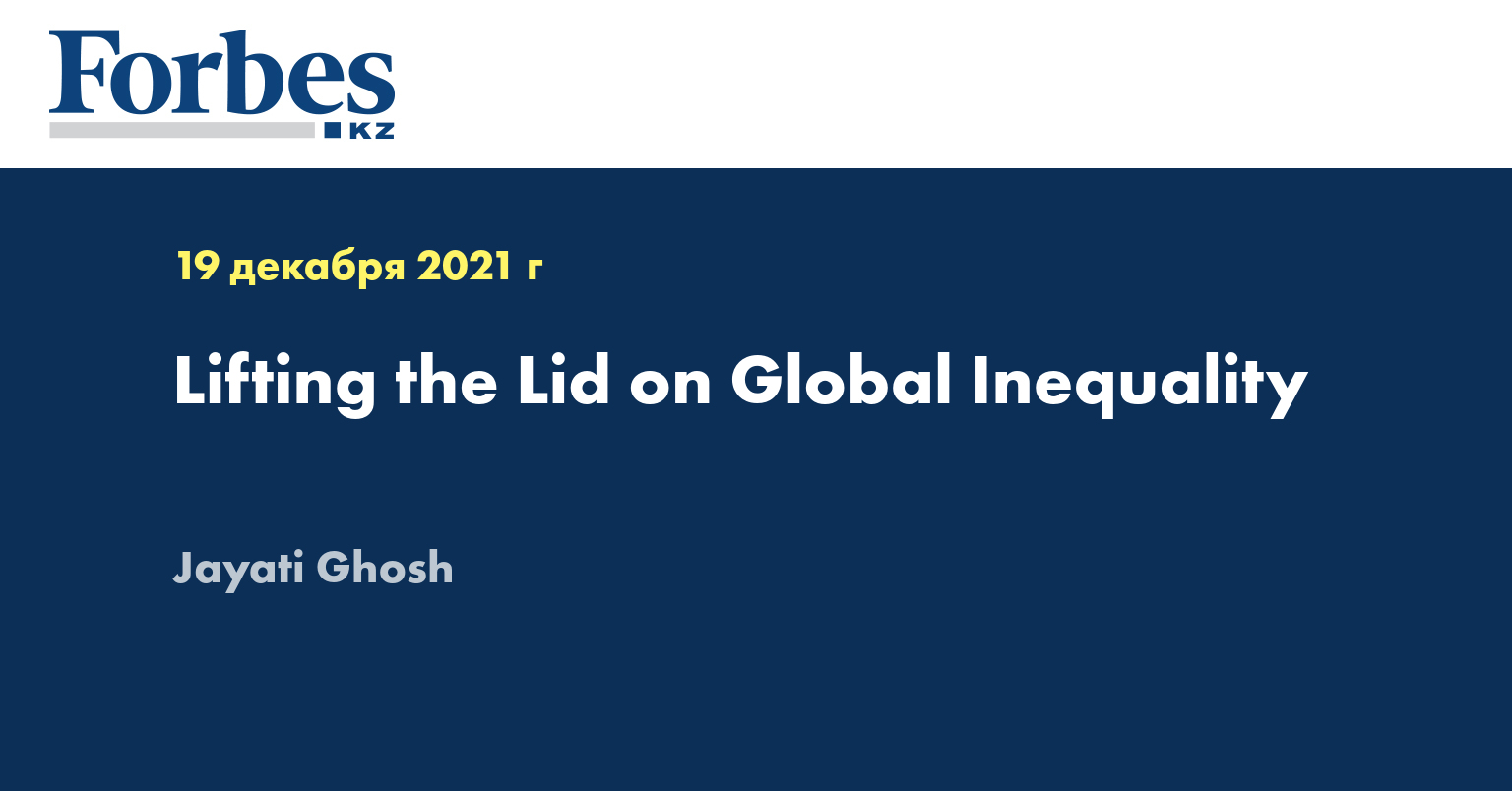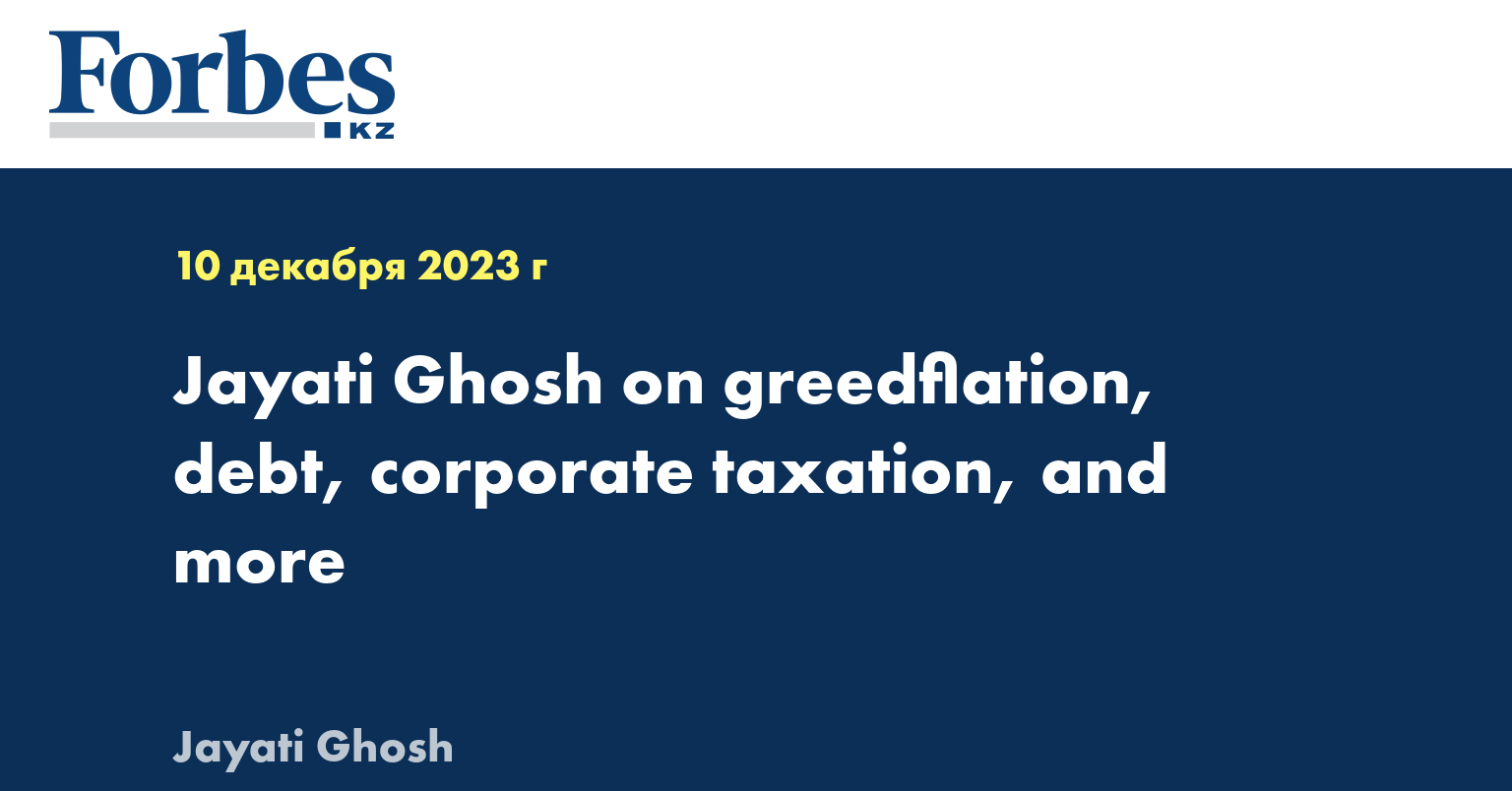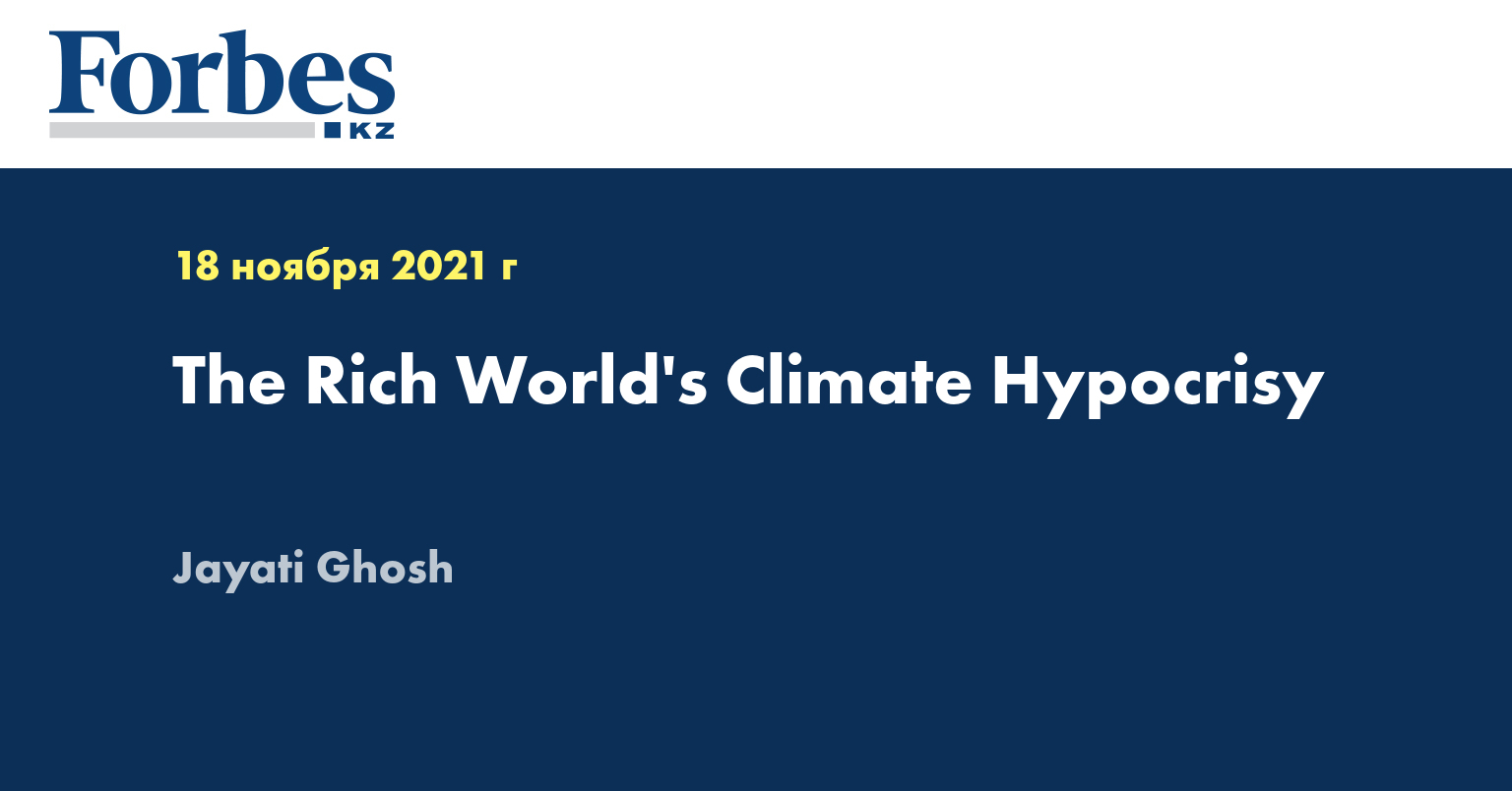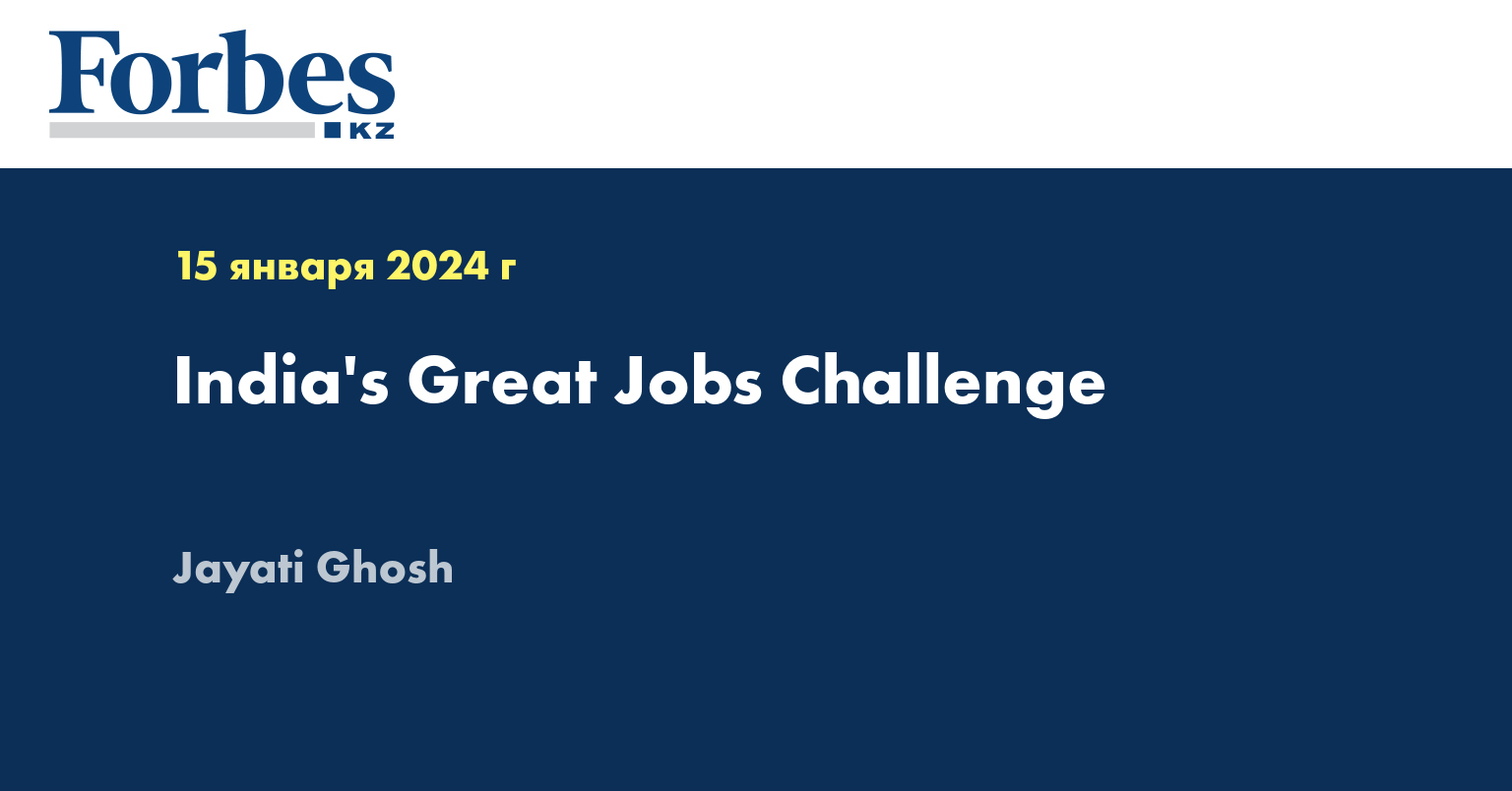Among the multiple crises that have erupted around the world, the avoidable tragedy of growing hunger receives only fleeting mention
23 октября 2023
5 мин.
79212
More than a year after the mass protest movement known as the Aragalaya ousted Sri Lanka’s President Gotabaya Rajapaksa and his brother, Prime Minister Mahinda Rajapaksa, Sri Lankans have once again taken to the streets
17 сентября 2023
5 мин.
41171
Our collective future hinges on a transformative shift in our relationship with the planet. This week, during the United Nations General Assembly meeting in New York, negotiations will begin at the ministerial level to plan the Summit of the Future in 2024. Coming together to save our common home must be at the top of the agenda
14 сентября 2023
6 мин.
34111
In recent years, soaring food prices and the growing frequency and intensity of floods, droughts, and other extreme weather events have prompted warnings of a looming grain shortage, potentially spelling disaster for the world’s poorest and most vulnerable populations
18 августа 2023
5 мин.
40705
The recent Paris Summit for a New Global Financing Pact was touted by its organizers, including French President Emmanuel Macron, as a groundbreaking initiative to forge a «new contract» between the Global North and South that would address climate change and foster sustainable development
15 июля 2023
6 мин.
46480
With much of the developing world teetering on the edge of a debt crisis, the calls for a new issuance of special drawing rights (SDRs, the International Monetary Fund’s reserve asset), have grown louder and more urgent
28 мая 2023
6 мин.
39832
It has taken far too long, but it seems that the International Monetary Fund has finally internalized some hard truths about sovereign-debt reduction
23 апреля 2023
4 мин.
86888
It has taken far too long, but it seems that the International Monetary Fund has finally internalized some hard truths about sovereign-debt reduction
23 апреля 2023
4 мин.
86888
Among the multiple crises that have erupted around the world, the avoidable tragedy of growing hunger receives only fleeting mention
23 октября 2023
5 мин.
79212
Globally, the richest 10% of the population is responsible for more than half of all CO2 emissions
19 декабря 2021
5 мин.
76728
While inflation in the advanced economies has subsided, this is largely because the forces that fueled the latest bout of inflation – spikes in global food and fuel prices, as well as supply-chain disruptions – have subsided
10 декабря 2023
12 мин.
74103
Despite the well-known problems with using gross domestic product as an indicator of human development, policymakers around the world still seem to be obsessed with it
09 июля 2022
5 мин.
69325
Many people around the world already consider the United Nations Climate Change Conference (COP26) in Glasgow a disappointment
18 ноября 2021
5 мин.
67011
The World Economic Forum’s annual meeting in Davos, Switzerland, has always been more than a little problematic
22 января 2023
4 мин.
56976
Any optimism about India’s economic prospects must be tempered by its inability to address two related challenges
15 января 2024
5 мин.
55020
Carbon pricing is all the rage these days, at least in the developed world
23 марта 2023
6 мин.
46697
The recent Paris Summit for a New Global Financing Pact was touted by its organizers, including French President Emmanuel Macron, as a groundbreaking initiative to forge a «new contract» between the Global North and South that would address climate change and foster sustainable development
15 июля 2023
6 мин.
46480
Kim Stanley Robinson’s prescient science-fiction novel The Ministry for the Future begins with a stark description of a major heat wave in a northern Indian city that kills millions of people
21 мая 2022
5 мин.
37626
It is difficult to see any winners in the ongoing war caused by Russia’s irrational and devastating invasion of Ukraine
12 марта 2022
5 мин.
41877
The United Nations Climate Change Conference (COP28) in Dubai is an opportunity to reflect on what these large, costly, and carbon-intensive international summits aim to achieve
14 декабря 2023
5 мин.
43712
Confounding the grim prediction made by the British economist Thomas Malthus in 1798, the world currently produces more than enough food for a population that has increased almost tenfold since then
18 марта 2019
5 мин.
11317
After four decades of fostering integration through trade and finance, the global economy has begun a painful process of fragmentation
25 декабря 2022
5 мин.
32946
NEW DELHI – For some time now, multinational companies (MNCs) have been gaming the rules of the global economy to minimize their tax liability – or even eliminate it altogether. And for some time now, the Independent Commission for the Reform of International Corporate Taxation (ICRICT) has argued for the unitary taxation of MNCs. Fortunately, there have been some encouraging recent signs that the idea of a unitary tax is gaining traction
17 апреля 2019
5 мин.
12526
The World Economic Forum’s annual meeting in Davos, Switzerland, has always been more than a little problematic
22 января 2023
4 мин.
56976
The recent Paris Summit for a New Global Financing Pact was touted by its organizers, including French President Emmanuel Macron, as a groundbreaking initiative to forge a «new contract» between the Global North and South that would address climate change and foster sustainable development
15 июля 2023
6 мин.
46480
Over the past two decades, Indian multi-billionaire Gautam Adani’s close ties to Prime Minister Narendra Modi have helped the Gujarati businessman become Asia’s wealthiest person
26 февраля 2023
6 мин.
38804
Last year was a watershed for gender relations. The #MeToo movement rocked establishments around the world, forcing even powerful men to face public scrutiny for their behavior toward women
14 января 2019
5 мин.
10953
У автора нет статей, опубликованных в журнале Forbes Kazakhstan
Подписывайтесь на нашу страницу в Facebook
Загрузка...

